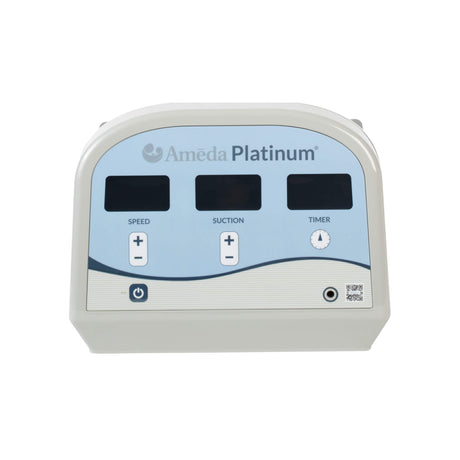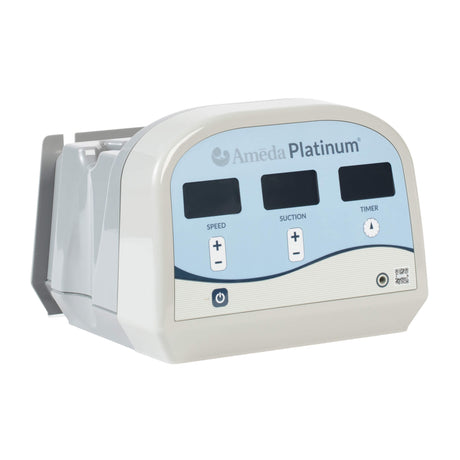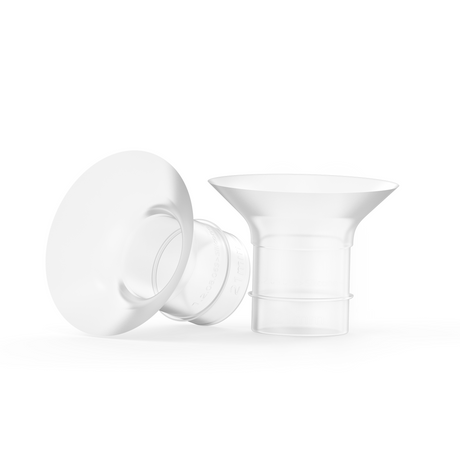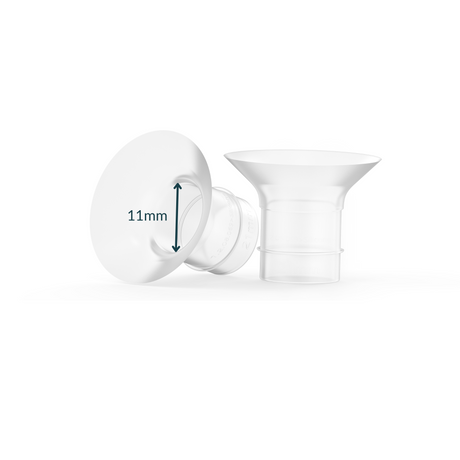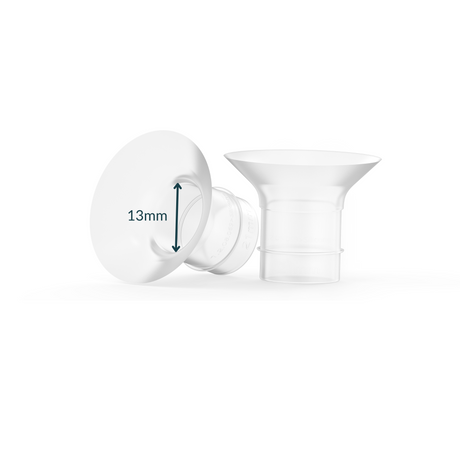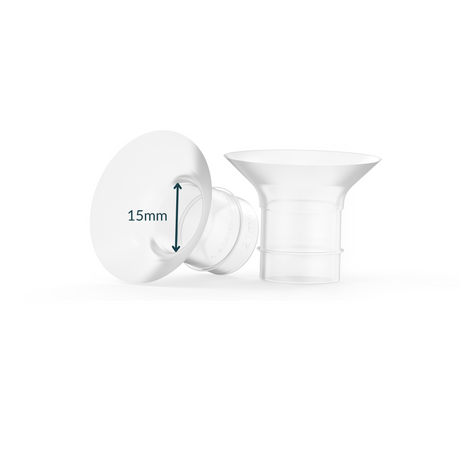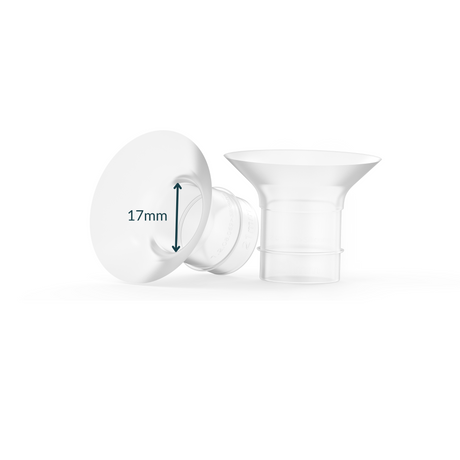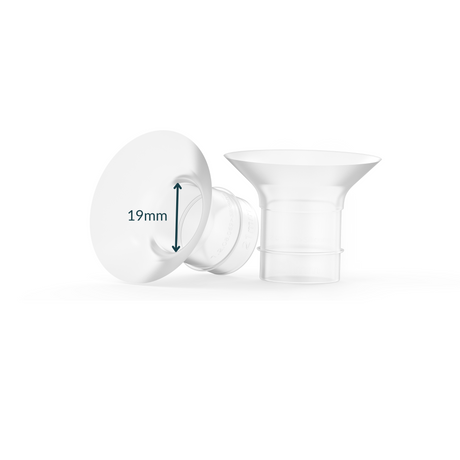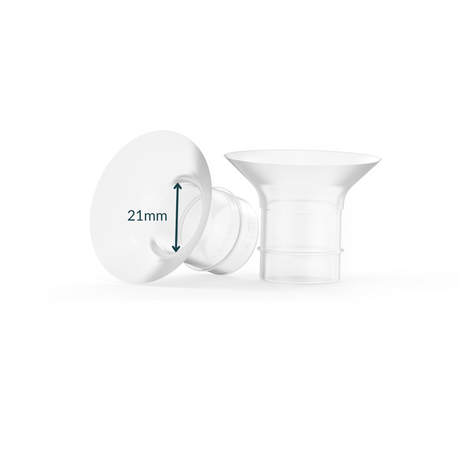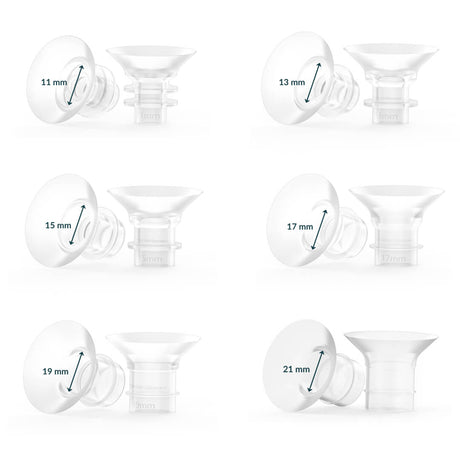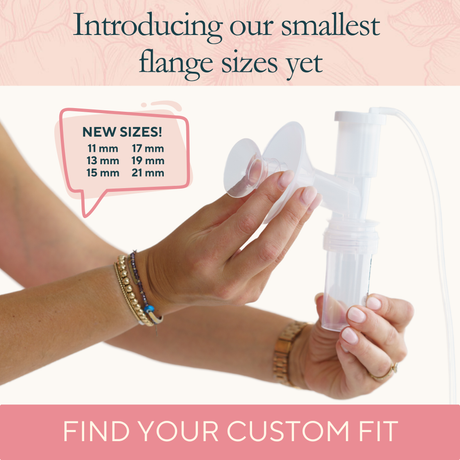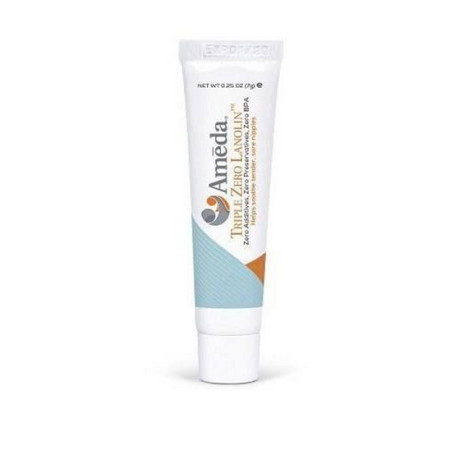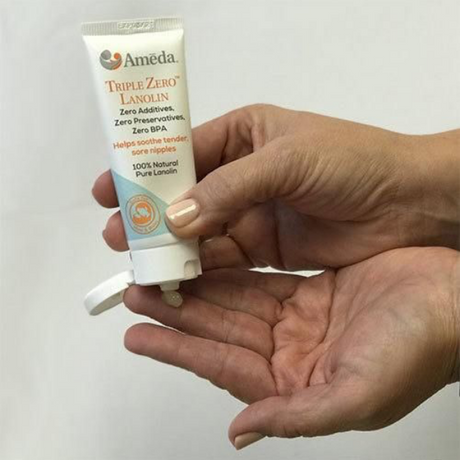Published:
Breastfeeding is appealing but mysterious to many women. If you’ve never witnessed a friend or relative feeding her baby, you may have very few insights into the process before becoming a mom, even if you’ve learned the basics in an introductory course during your last few weeks of pregnancy.
Fortunately, the longer that you breastfeed, the more proficient you’ll become at this new-found skill. Along the way, you’ll gain a deeper understanding of the intimate, natural process that nourishes your baby. You may be surprised to learn that breastfeeding affects your body and lifestyle choices in ways that you couldn’t possibly have imagined!
Here are some of our favorite best-kept secrets about breastfeeding:
Breastfeeding shouldn’t hurt.
Although breastfeeding is a natural process, it doesn’t come instinctively to new moms, and newborn babies often need a bit of practice before they get the hang of it. Unfortunately, this may mean that breastfeeding may be painful for some women until you and your baby get the hang of it. Once you’re both doing it right, breastfeeding is pain-free.
While you and your baby are trying to find the sweet spot, try adjusting your position or your breastfeeding holds, and make sure that your baby has a deep enough latch, with enough of your breast tissue in his mouth. If you’re not able to fix the situation on your own, seek help from your baby’s pediatrician or a lactation consultant.
Drinking water becomes a top priority.
You might think that the most important things to do when you have a newborn are chronicling your baby’s milestones, catching up on thank-you notes and keeping your home in order, but in reality, your top job should be nurturing yourself. Don’t think of it as being selfish, because your self-care will directly benefit your baby: Staying hydrated, resting and eating healthily should help you produce ample breast milk.
You may not put much stock in the need to stay hydrated. After all, you’re just sitting around, not running a race or sweltering on a hot beach! But you’re producing breast milk, which contains a high percentage of water. You need to replenish regularly so that you don’t become dehydrated. Get into the habit of pouring yourself a tall glass of water – and drinking it! – every time that you sit down to breastfeed your baby or pump breast milk. Breastfeeding moms may need to drink up to 13 cups of water every day.
Look, mom – no hands!
When you first rode a two-wheeler, you held onto those handlebars so tightly, your knuckles turned white. But over time, you became so relaxed and comfortable on your bike, you began waving to neighbors when you whizzed by. Over time, you may have even become one of those kids who was talented enough to pedal hands-free.
Becoming adept at breastfeeding can follow a similar trajectory. At first, you’re nervous about doing it wrong and focus on maintaining the right position. After a while, you begin to relax and realize that you can multitask while you’re breastfeeding or pumping, which may require a free hand or two.
As you become more proficient, and with the help of the right breastfeeding pillow, you may discover just the right angle to breastfeed your baby completely hands-free.
There are even hands-free accessories for pumping breast milk, including bras that can keep two flanges in place so that you can use both of your hands to catch up on e-mail, read a book, grab lunch or even prep ingredients for dinner, if you’re really enterprising. 
Ordering dessert is a no-brainer.
Producing breast milk burns hundreds of calories a day, so you may need to consume more calories than you did when you were pregnant. Experts recommend that breastfeeding moms who wish to lose the baby weight shouldn’t aim to lose more than a pound a week, so as not to affect milk production. So you may need to consume perhaps 500 more calories daily than you did before getting pregnant.
You’ve heard the old adage “You are what you eat.” When you’re producing breast milk, what you eat impacts both you and your baby. It’s important to follow a healthy diet that includes plenty of fruits, vegetables, lean protein (including dairy products) and whole grains. But that doesn’t mean that you can’t splurge and have a slice of chocolate cake here and there without feeling guilty.
Rethink your shower routine.
You can keep on singing in the shower, if that’s your thing, but you may want to stop soaping up your most in-demand body parts: Your breasts. Bar soaps and shower gels can dry out the skin on your breasts or nipples, which could lead to dryness, itchiness and even cracked skin, which can make breastfeeding painful or uncomfortable.
Even if you don’t lather them directly, your breasts will get clean enough. Standing under the stream of water will rinse them clean, and the soap suds from your face, neck and shoulders will wash over your breasts over the course of your shower.
To further care for the delicate skin on your breasts, pat them dry with your towel when you’re done, rather than vigorously rubbing them dry. And give them a few moments to fully air-dry before you put on your clothing.
Having a beer is back on the table.
Cheers! It's safe to have a beer again, unlike when you were pregnant. But set limits for yourself to ensure that your social habits don’t negatively impact your breastfeeding ability: Drinking too much alcohol too often can reduce your breast-milk production, so it’s wise to limit yourself to one drink at a time and imbibe only occasionally.
Also, it’s important to realize that alcohol passes into breast milk, so the best time to enjoy a beer is after you’ve fed your baby, when you’ll have a couple of hours for the effects of the alcohol to wear off before your baby’s next meal. Avoid pumping and storing breast milk during this two-hour window, as well.
Breastfeeding causes sleepiness.
Picture your partner after Thanksgiving dinner: He’s sitting in front of the TV, feeling satisfied and groggy from the huge meal he’s just eaten. There’s a decent chance that he’ll nod off, remote control in hand, while surrounded by a roomful of extended relatives.
This is how your baby likely feels after every meal that he eats when he’s a newborn. Babies commonly fall asleep after they’ve filled their stomachs with warm, satisfying breast milk. It’s possible that he’ll still be latched onto your breast, even though he’s dreaming, not eating.
Some babies don’t know how to fall asleep on their own because they always fall asleep while breastfeeding. This can be a difficult habit, because babies who awaken in the middle of the night won’t know how to get back to sleep on their own; they expect slumber to follow nursing. For this reason, some breastfeeding experts recommend that you try to put your baby to bed when he’s groggy and satisfied from a full stomach but not completely asleep.
You’ll probably save money on tampons.
If you breastfeed exclusively, there’s a good chance that you won’t get your period for several months after you have your baby. Some women don’t get their period the entire time that they’re breastfeeding. But don’t rely upon exclusive breastfeeding as your sole form of birth control, because it is possible to ovulate and get pregnant while you’re breastfeeding.
There are a number of birth control options available that are safe to use while you’re breastfeeding, including condoms, IUDs and progestin-only birth control pills. Talk to your partner and your doctor to figure out the best method for you.
There’s an app for that!
What did breastfeeding moms do before the advent of smartphones? Today, there are apps to help you manage nearly every aspect of breastfeeding your baby.
There are timers to help you track how long your baby feeds at each breast. Diaper trackers can help you count the number of wet and dirty diapers that your baby produces, to ensure that he’s getting enough milk. You can also connect with other breastfeeding moms. And some apps even let you record how much breast milk you’ve pumped at each sitting.
If you’re having breastfeeding problems, there are apps to help you get advice from lactation consultants any time of the day or night. You may even be able to stimulate your let-down reflex when you’re about to pump milk by looking at photos of your baby while listening to sounds of babies babbling or crying.
You’ll fall in love with it.
To many women, breastfeeding is much more than a bodily function – it’s special bonding time with your baby that nobody else can share with him. Breastfeeding gives you a special connection. You may not love being awakened at 2 a.m., but you may grow to appreciate the quiet time that you share with your baby, when you satisfy his hunger and help soothe him back to sleep. You just may find yourself missing those precious middle-of-the-night moments when your baby finally begins sleeping through the night.
DISCLAIMER:
Ameda strives to present you with accurate and useful breastfeeding information. This article may contain information and ideas that are not necessarily the views of Ameda. It does not constitute medical advice. If you have any questions please contact your healthcare professional.


